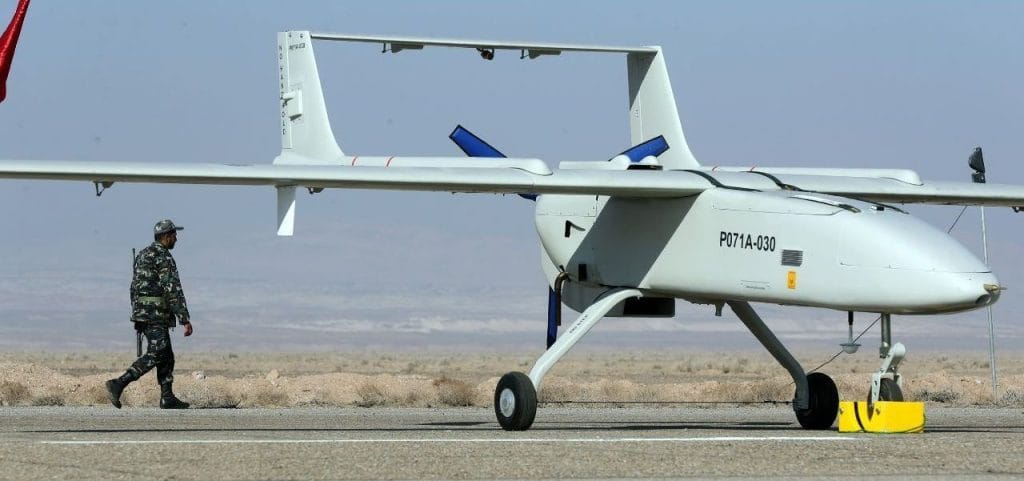The United States has confirmed the death of Mohamed Mire, also known as Abu Abdirahman, a senior Al-Shabaab leader and former finance head. Mire was killed in a targeted airstrike conducted near Quyno Barrow, Somalia, on December 24, 2024, along with another militant.
Mire held significant roles within Al-Shabaab for over 15 years, including serving as the group’s interior minister and a key strategist in its governance and military operations. His activities allegedly encompassed financing and planning major attacks in Kenya, such as the 2013 Westgate Mall siege in Nairobi and the 2019 DusitD2 complex assault, both of which resulted in substantial civilian casualties.
The Westgate Mall attack on September 21, 2013, involved armed militants storming the upscale shopping center in Nairobi, leading to a four-day siege that claimed 62 civilian lives and left several others injured. The DusitD2 attack on January 15, 2019, saw a similar tragic outcome, with 22 lives lost in the assault on the 14 Riverside complex in Kenya’s capital.
The U.S. Africa Command (AFRICOM) stated that the airstrike was carefully executed to avoid civilian casualties. General Michael Langley, AFRICOM commander, reiterated the U.S. commitment to supporting East African partners in degrading Al-Shabaab’s influence. Mire’s death, AFRICOM noted, removes a long-serving member who shaped the group’s strategic direction and governance structure.
Designated as a global terrorist in October 2022, Mire was also on Somalia’s sanctions list, targeting top Al-Shabaab commanders. His responsibilities extended to overseeing the group’s financial and regional activities, solidifying his influence within the organization.
The strike comes amidst increased U.S. targets to dismantle Al-Shabaab’s leadership. In 2023, another airstrike eliminated Maalim Ayman, a senior Al-Shabaab leader linked to the January 2020 Manda Bay attack in Lamu, Kenya, which claimed the lives of three U.S. nationals, including a service member.
Al-Shabaab remains a significant security threat in the region, controlling large swathes of southern Somalia and pockets in central areas. Its persistent attacks and governance in controlled territories continue to challenge Somalia and its regional neighbors, including Kenya.


